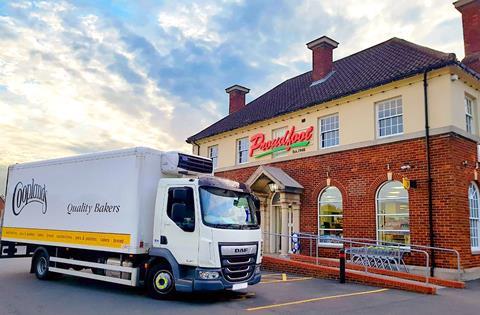
Independent supermarket Proudfoot is stocking products from Cooplands’ craft bakery range following a partnership deal between the two Scarborough-headquartered businesses.
Cooplands-produced items including bakes, creams and hot savouries are already on sale at Proudfoot’s four Yorkshire stores in Newby, Seamer, Eastfield and Manham Hill. The bakery chain’s bread rolls will also be used for sandwiches made on site at Proudfoot’s in-store deli counters.
“Proudfoot took the decision to work with Cooplands due to their range, quality product, increased delivery schedule and being a long established, well-known Scarborough family business,” said Valerie Aston, director at the Proudfoot Group.
“We’ve been in talks for a while, so we were delighted to begin stocking the products from early May, and the response from customers so far has been very encouraging.”
Belinda Youngs, CEO for Cooplands, said Proudfoot had been a “collaborative and supportive partner”.
“We are proud that we can be part of two great Yorkshire Brands, based next door in Scarborough, working together bringing Proudfoot customers their favourite Cooplands products,” she added. “We look forward to continuing to bring innovation, great quality and good honest value products to their stores for local customers.”
The partnership with Proudfoot is the latest move in Cooplands’ ongoing expansion plans. In December 2020 the 135-year-old bakery chain, which has over 170 shops and 12 cafés over Yorkshire, Lincolnshire, Nottinghamshire and the north east, announced a £7.7m investment from growth capital investor BGF.
The business, which employs approximately 1,600 people, is currently executing a five-year business plan, detailed by Youngs in an interview with British Baker editor Amy North, which includes opening 30 new stores a year for the next five years.
Cooplands occupied ninth spot in the Bakery Market Report 2021, listing the top 75 companies selling baked goods as a primary element of their food offering in a non-supermarket retail, food-to-go or eat-in format benchmarked by the number of UK outlets operated.



















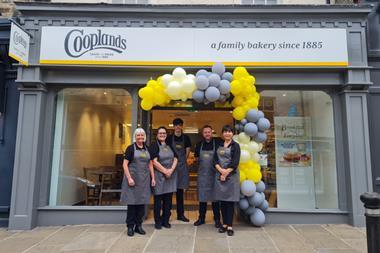
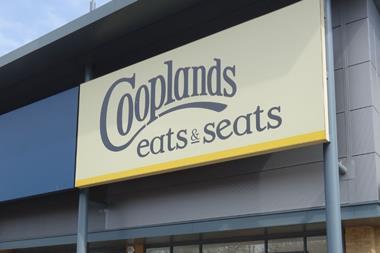

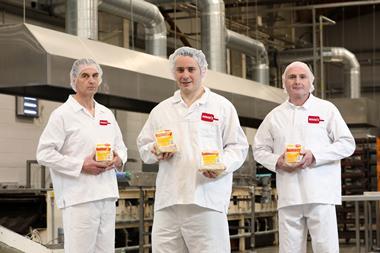

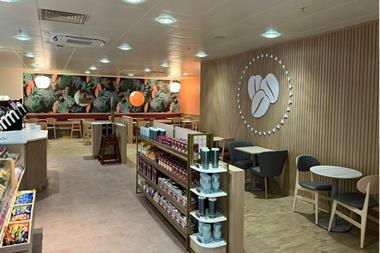




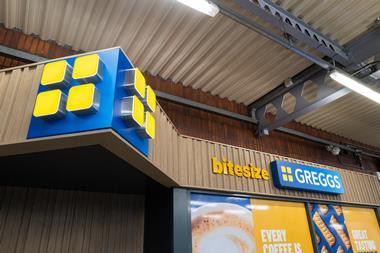
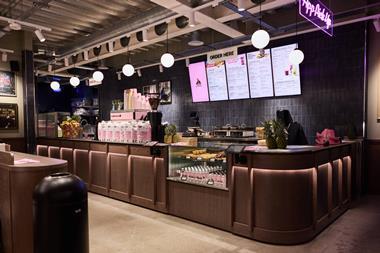

No comments yet